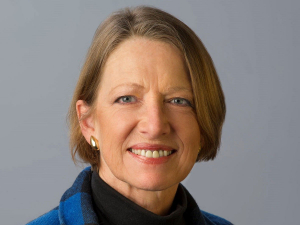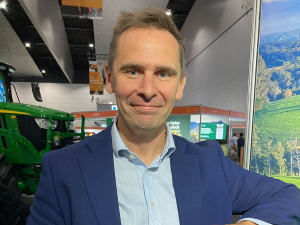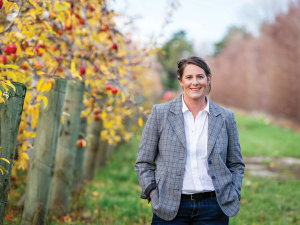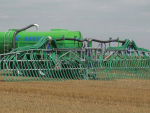OPINION: "The carbon market is based on the lack of delivery of an invisible substance to no one."
This was investigative journalist Mark Schapiro's description in a 2010 article in Harper's Magazine, under the title of 'Conning the climate'. The problem? The lack of ability to verify what was going on.
This, he explained, contrasts with traditional commodities, which must be delivered to someone in physical form. Schapiro avoided 'the emperor has no clothes' analogy but indicated that the people benefitting from the trading game were auditing companies who weren't always employing appropriate people. He used the terms 'flawed, inadequate, and overall failure to assign assessors with the proper technical skills'.
There are lessons in this for New Zealand.
Primary sector companies are doing what they can to show that they are doing what is though to be right by the environment. Moving to woodfired processing plants instead of coal is an example.
Wood sounds better than coal. But do the calculations and the sound isn't quite so sweet.
The problem with wood is that tree trunks requires transport and processing to make them into pellets, and wood has only half to two thirds of the energy density of coal (depending on source and processing of both products). Fossil fuel carbon dioxide release is avoided, but in some cases, it appears that the end result is not the reduction in GHG emissions anticipated for the company.
Despite this, companies are moving ahead with plans for farmers.
A premium is being offered to suppliers of milk and meat if specified outcomes are achieved. But unless the customers and consumers are prepared to pay more for the product, there won't be more money to share. Some individuals will be worse off so that others can be paid the premium.
In addition, the companies themselves will need to keep more for themselves to ensure that they can move to greater sustainability while employing more staff to cope with the increased paperwork to do with auditing and reporting.
The question remains whether the premium promised will compensate for the cost of the auditing.
Yet another problem is that the paperwork, based on a regulatory framework, is confining people to last year's thinking. It cannot encourage or enable innovation... except, as we've seen overseas, how to innovate around the system.
The Savory Institute's Ecological Outcome Verification (EOV) is different. It recognises that the goal of positive outcomes depends on 'contextual variances in cultural, environmental and economic conditions'.
The words sound OK. However, turning the desired outcomes into something measurable is much more difficult than writing words on paper.
This is particularly the case where variability in measurements due to soil differences are large (even when monitoring sites are involved). And changes in environment caused by drought, flood or simply a cold spring means that trends due to a change in management take several years to be identifiable. The long-term superphosphate trials run by MAF (the precursor for Ministry for Primary Industries) showed that withdrawal of fertiliser was not observable in measurements for the first 2-3 years, and in cases of high phosphate soil, took 7 years to appear.
Verification, audit, checklist - whatever you call it - something must be measurable and reportable. What is being measured and reported should also be linked to something that the farmer or grower can affect with a change in management. Further, the people doing the verification or auditing, should understand the issues and be able to assist the farmers and growers with what they are being asked to do.
This was the problem identified in 'Conning the Climate'.
New Zealand has insufficient skilled people to do what is being asked. That calculation has already been done for farm plans.
This all leads to the question of who verification might be conning and whether the consumer and the environment will be better off.
It doesn't appear that the farmer will be.
Dr Jacqueline Rowarth, Adjunct Professor Lincoln University, is a farmer-elected director of DairyNZ and Ravensdown. The analysis and conclusions above are her own. This email address is being protected from spambots. You need JavaScript enabled to view it.



















